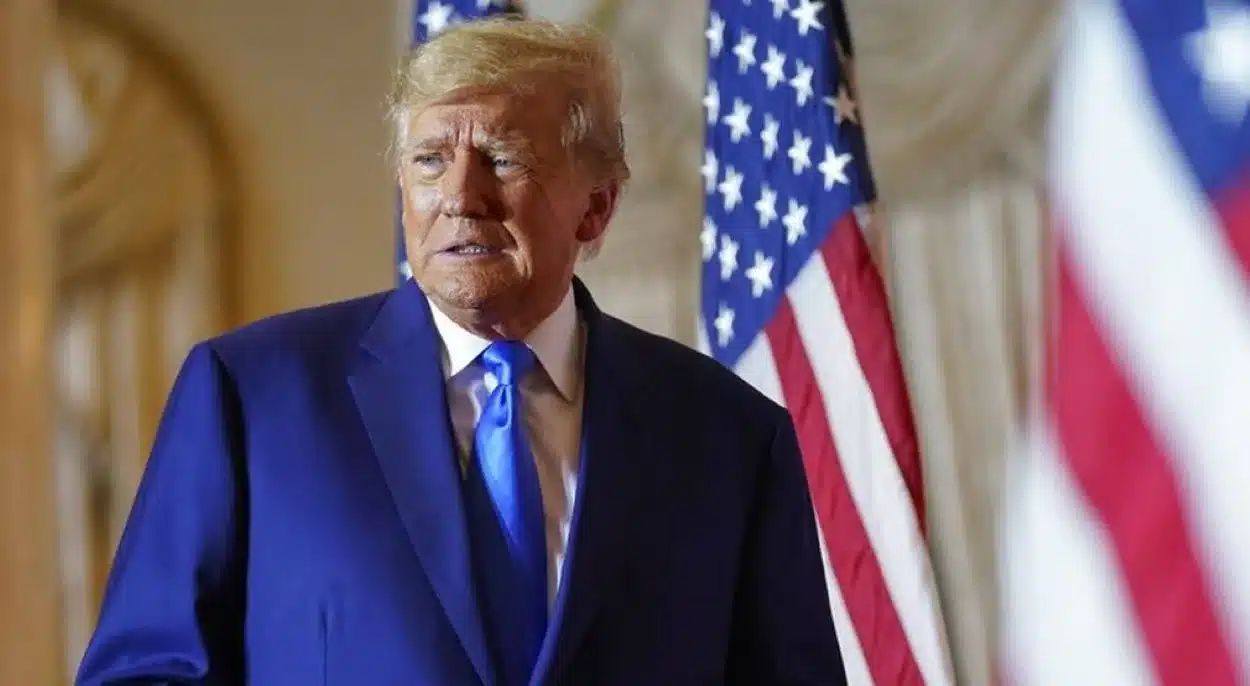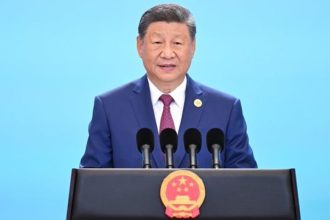The inquiry into ex-President Donald J. Trump’s management of classified records has taken an unexpected turn with the emergence of a new federal grand jury in Florida.
Operating independently of its Washington D.C. counterpart, the Florida grand jury has added a fresh dimension to the case. The D.C. grand jury had been the epicenter of prosecutor activity related to accusations of Trump mismanaging classified documents and obstructing their recovery after his tenure, as The New York Times reported. More than 20 Trump’s Secret Service members have either given their testimony or been subpoenaed by the D.C. grand jury.
Although the D.C. grand jury appears to have paused witness hearings recently, the Florida grand jury in Miami’s Federal District Court started examining evidence just last month. Only a handful of witnesses have testified or are scheduled to appear before this Florida grand jury.
The motive behind convening this Florida grand jury is still unknown, given the secrecy surrounding grand jury proceedings, making it difficult to discern the overall tactics employed by special counsel Jack Smith.
Legal professionals and individuals familiar with the investigation suggest multiple reasons exist for implementing a grand jury in Florida. If both grand juries function, it indicates possible charges in both D.C. and Florida.
Alternatively, the D.C. inquiry may be reaching its final stages, with prosecutors nearing a decision on charges and considering further indictments in Florida. It is also possible that Smith has identified Florida as the proper jurisdiction for any charges and shifted the entire grand jury process there.
It isn’t unusual to shift investigations from Washington to Florida due to jurisdictional matters, particularly when classified information is involved. If charges are to be filed in both D.C. and Miami, they may concern individuals living and working in Florida, such as staff members at Trump’s Mar-a-Lago club and residence. It remains unclear whether the D.C. grand jury will reconvene and vote to charge Trump or if the Florida grand jury will exclusively handle the matter.
Key events linked to the document inquiry that occurred while Trump was in Florida might influence the decision to base the case there. These events include negotiations for the return of government records, the initial discovery of classified documents, and subpoena enforcement. Still, Washington remains a viable location for establishing a venue.
However, relocating the potential case to Miami could present challenges for Smith and his team, as a Florida jury might demonstrate more empathy towards Trump than one in Washington. Judges in the Southern District of Florida, such as Aileen M. Cannon, who paused the inquiry to examine seized documents at Mar-a-Lago, may also lean more favorably towards Trump. Currently, the exact strategy and direction of the investigation remain under wraps.






